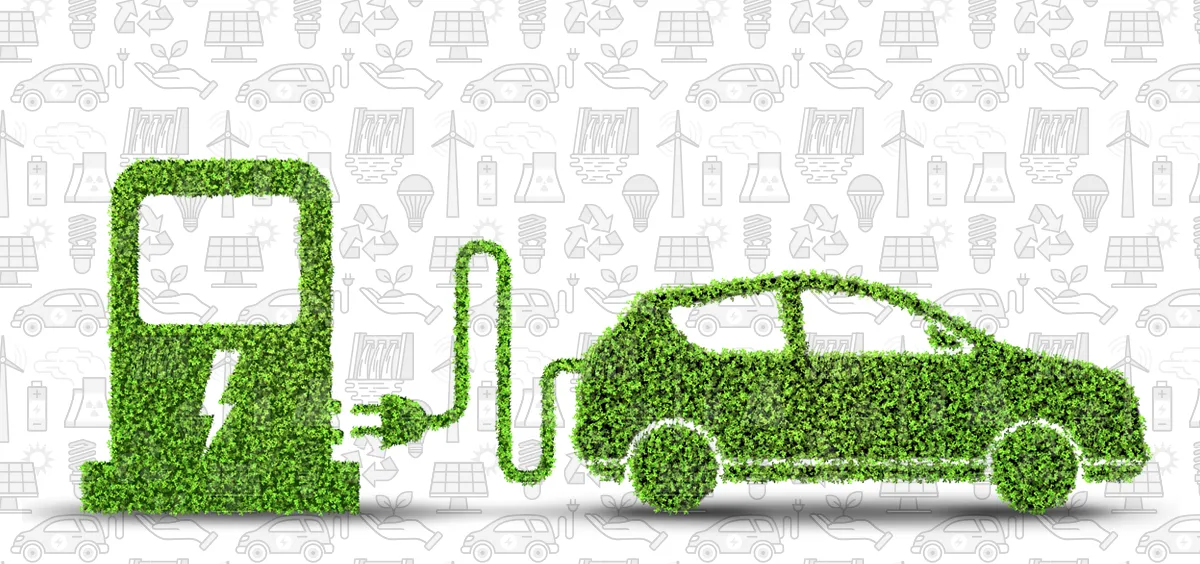
As nations race to meet their sustainable goals, the need to shift from fuel-based vehicles to electric vehicles has become more certain. Electric vehicles promise a cleaner and greener future as they don’t release pollutants. Apart from that, electric cars are also more economical to use making them pocket-friendly. Although these advantages make electric vehicles attractive for consumers, yet they are not in demand. This is because they have a short driving range requiring frequent trips to charging stations which is an inconvenience. Adding to the inconvenience, is the poor penetration of charging infrastructure in the country as opposed to petrol/diesel stations. This is one of the reasons why Indian consumers are keeping their hands off electric vehicles despite the attractive subsidies offered by the Indian states. While battery scientists are trying to increase the battery capacity, researchers in the transport domain are trying to solve this problem from the logistics angle.
A sector that is likely to see widespread adoption of EVs is City Logistics. Dr. Gitakrishnan Ramadurai, who is an Associate Professor at IIT Madras and a member of RBCDSAI decided to work on solving a modified vehicle routing problem. A vehicle routing problem is a classical logistic problem where the focus is on optimizing routes for given vehicles and demand under operational constraints related to delivery time and vehicle capacity. The problem is of great interest to the delivery businesses and service industry where the aim is to reduce cost and increase the quality of delivery services. Dr Ramadurai and his team have now extended this problem to electric vehicles as limited battery range requires frequent travel of the fleet of electric vehicles to the charging stations. In electric vehicles, the charging is non-linear and the battery discharges faster if there is extra load on the vehicle.
“EVs are expected to be the future of mobility, especially in cities. Urban freight or city logistics sector can be an early adopter however range anxiety continues to be an issue particularly because of the uncertainty related to effect of load on discharge. Further, vehicle charging is non-linear - the initial 60-70% charging happens faster than the later 30%. It is important for vehicle routing algorithms to consider these aspects in developing optimal routing strategies,” comments Dr. Ramadurai.
Dr. Ramadurai’s group took non-linearity and load factor into consideration and came up with a new Mixed-Integer Linear Programming model and Adaptive Large Neighborhood Search algorithm that solves the electric vehicle routing problem. The results of their study have been published in a reputed international journal Expert Systems with Applications.
The algorithm suggested by the researchers is a major improvement of the existing algorithm as it improves the solution in 63% of standard instances of electric vehicle routing problems and is the same as the best-known solution in 31% of the cases. Based on their results, the researchers caution that it is utmost important to take the load factor into consideration while solving vehicle routing problems in the case of electric vehicles.
Charged with this feat, the group is working on the other angles of the same problem to make their research more applicable in real world scenarios.
“Extending the problem to multiple depots and multiple vehicle types, as well as adding time window restrictions can improve the real-world appeal of the problem and solution techniques. However, these dimensions increase the complexity significantly. We look forward to working on these problems in the near future,” says Dr Ramadurai when asked about his future plans.
Contributors
Surendra Reddy Kancharla, Gitakrishnan Ramadurai
Article
Surendra Reddy Kancharla, Gitakrishnan Ramadurai (2020). Electric vehicle routing problem with non-linear charging and load-dependent discharging. In Expert Systems with Applications, Volume 160, 2020,113714.
Keywords
Adaptive large neighborhood search, Electric vehicle routing problem, Non-linear charging, Load-dependent discharging